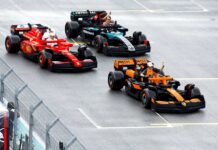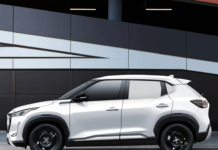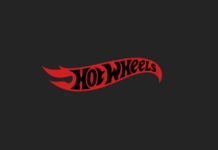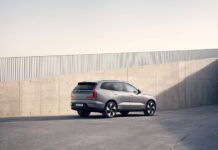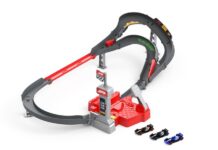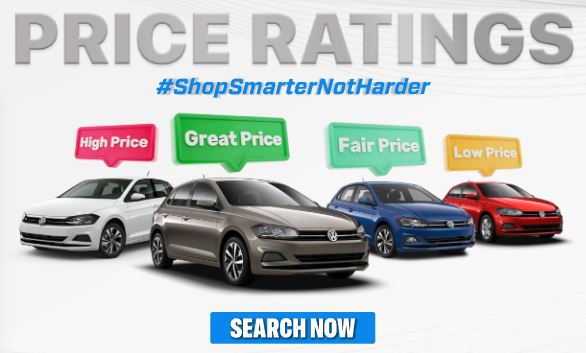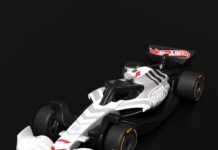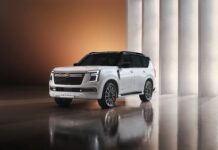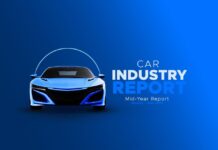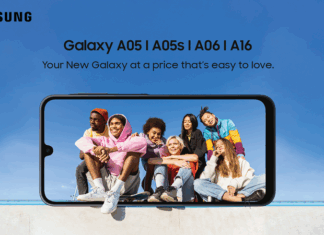While countries and indeed companies around the world are shunning so-called “dirty diesel”, it seems South Africans are still wholeheartedly embracing diesel-powered vehicles – as statistics from AutoTrader verify.
In a landmark move, Hamburg has become the first German city to implement a ban on older diesel trucks and cars. Although the ban only effects two roads, it’s significantly big news for a country who invented the diesel engine (the engine is named after German engineer Rudolf Diesel) and for a country who was at the centre of the Dieselgate* scandal of 2015.
Diesel was once the darling of European motorists. Almost 75% of all the world’s diesel cars are driven on European roads. In fact, according to the European Automobile Manufacturers’ Association (ACEA), diesel accounted for a whopping 55.7% of all car sales in Western Europe in 2011.
That was before Dieselgate. It was also before the so-called “demonising” of diesel by various governments in Europe, whereby diesel-powered vehicles have been hit with additional taxes or banned from city centres.
Now, diesel sales are dwindling. According to ACEA, they dipped to 44.4% of all car sales in Western Europe in 2017.1 Globally, diesel sales are down too. Whereas global sales of petrol vehicles increased last year to 62,39 million, sales of diesel-powered passenger cars and LCVs were down by 3.7% to 13,94 million.2
Vehicle manufacturers have reacted to this trend by shunning diesel. Toyota and Nissan have recently announced that they will stop selling new diesel cars in the UK and Europe. Fiat Chrysler – which owns Jeep, Maserati and Alfa Romeo – will stop producing diesel-powered vehicles in 2022. Honda is not using any diesel powertrains for its new CR-V SUV.
According to George Mienie, CEO of AutoTrader, South Africans are not following in the footsteps of their international counterparts. “It appears as though the appetite of South Africans for diesel is not dwindling. In fact, we have experienced a 6% increase in searches for diesel vehicles over the past 12 months,” he reveals.
Mienie says the fact that bakkies are so popular in South Africa is a key reason. “Many of the bakkies that are sold in South Africa feature diesel engines. The popularity of diesel-powered vehicles is also evidenced in countries such as Thailand, New Zealand and South Korea – which also have a relatively high share of pickup trucks in their sales charts,” he explains.
But it’s not just diesel-powered bakkies that are driving demand in South Africa. “While vehicles such as the Toyota Hilux, Ford Ranger and Isuzu KB are most definitely bolstering interest in diesel-powered vehicles, we are also seeing interest in diesel-powered SUVs and cars,” says Mienie.
According to the AutoTrader CEO, SUVs such as the Toyota Fortuner, BMW X5 and X3 and the Land Cruiser Prado are extremely popular. “The most popular diesel-powered cars are the BMW 3 Series, Mercedes-Benz C-Class and Volkswagen Polo,” he reveals.
He doesn’t anticipate the popularity of these diesel-powered vehicles waning any time soon. “South Africans like diesel-powered vehicles and, unless the government institutes prohibitive measures to discourage their sales and/or vehicle manufacturers don’t offer these diesel-powered vehicles, they will remain on shopping lists,” he concludes.
These are the most searched-for diesel-powered vehicles on AutoTrader (from March 2017 to March 2018):
- Toyota Hilux
- Toyota Fortuner
- BMW 3 Series
- Ford Ranger
- Mercedes-Benz C-Class
- BMW X5
- Isuzu KB
- BMW X3
- Land Cruiser Prado
- Volkswagen Polo
*Dieselgate is the name given to the 2015 Volkswagen emissions scandal in 2015.
References:
- http://www.acea.be/statistics/tag/category/share-of-diesel-in-new-passenger-cars
- http://carsalesbase.com/global-car-sales-2017/
- http://fortune.com/2018/05/31/germany-hamburg-diesel-ban/
Provided by AutoTrader




